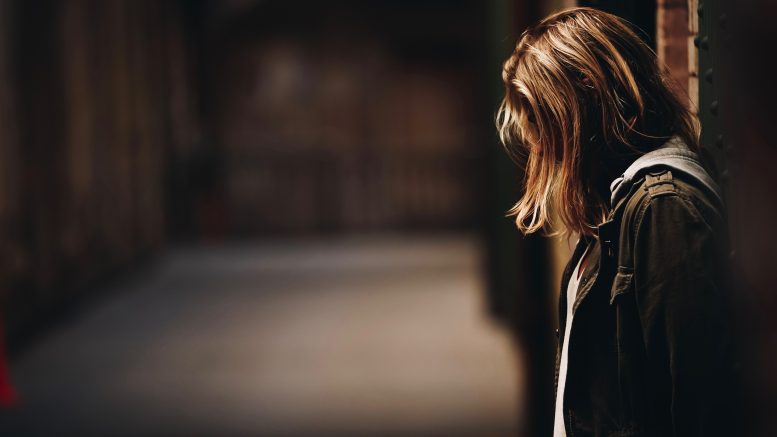By Scott Thomas Anderson
It’s been 16 months since the U.S. Supreme Court overturned the federally protected right to an abortion. Has the public truly reconciled with it? A new article in The Society of Psychotherapy has me wondering if Americans have made the connection between lack of abortion access and the broader poverty trap, or how that in turn couples with mental health challenges and a sort of malaise of sadness and feelings of hopelessness that so many are finding themselves experiencing these days.
Titled “The Impact of Dobbs v. Jackson on a Client’s Well Being and the Therapeutic Relationship,” the piece by Deanna Young, Aamina Shabeer and A.N. Fernandez is a thorough overview of the most jarring, disruptive social forces at play when it comes to the overturning of Roe. It’s extremely well-cited, too, genuinely bringing the receipts when it comes to daunting, sometimes heartbreaking trends.
One of the main thrusts of the article is that, as time ushers in reality, the public will be facing “an increased need for mental health care services as lack of abortion access is linked to decreased mental wellness, strained resources and compounding economic hardship.”
One expert who’s cited in the piece is Sacramento’s Dr. Eunie Jung, the director of Alliant International University’s PsyD program. Jung offers insights on how privilege and power dynamics might blind the medical apparatus as to just how crippling the loss of Roe really is to public health. The article goes on to offer an array of disturbing statistics around the lack of reproductive care, linking it to higher levels of poverty, evictions, bankruptcy, domestic violence, child accidents and neglect, parenting-child bonding issues and behavioral problems with kids at school. And those trends come on top of a baseline increase in severe depression. Be sure to read Young, Shabeer and Fernandez’s analysis to get the full, eye-opening picture.
“Thus, what the overturning of Roe v. Wade will accomplish is a greater number of people with an increased need for mental health services who will fall through the cracks of an overburdened, barely accessible system,” the authors write. “People at the lower echelons of our socioeconomic system are affected the most.”
The article also points out that California could see a 3,000% increase in out-of-state women seeking abortions, which raises a litany of questions for doctors and mental health professionals around Sacramento. This is particularly true when it comes to telehealth trends increasing at the same moment Republican lawmakers are trying to all-out criminalize assisting with abortions in some states. We may think the Golden State has a golden shield around it from this fundamental assault on women’s rights across the country, but for doctors, nurses and mental health clinicians here, it is uncharted territory. And for Americans living in states like Alabama, Idaho, Kentucky and Mississippi – where there are near-total abortion bans in effect – the future looks increasingly dire for their social safety nets, health institutions and anyone caught in the eye of the political storm.
*This is an opinion piece by the Editor of Sacramento News & Review. Scott Thomas Anderson is also the writer and producer of the crime documentary podcast “Trace of the Devastation.”



Be the first to comment on "More than a year after Roe falls, there’s a broader crisis under the flashpoint"